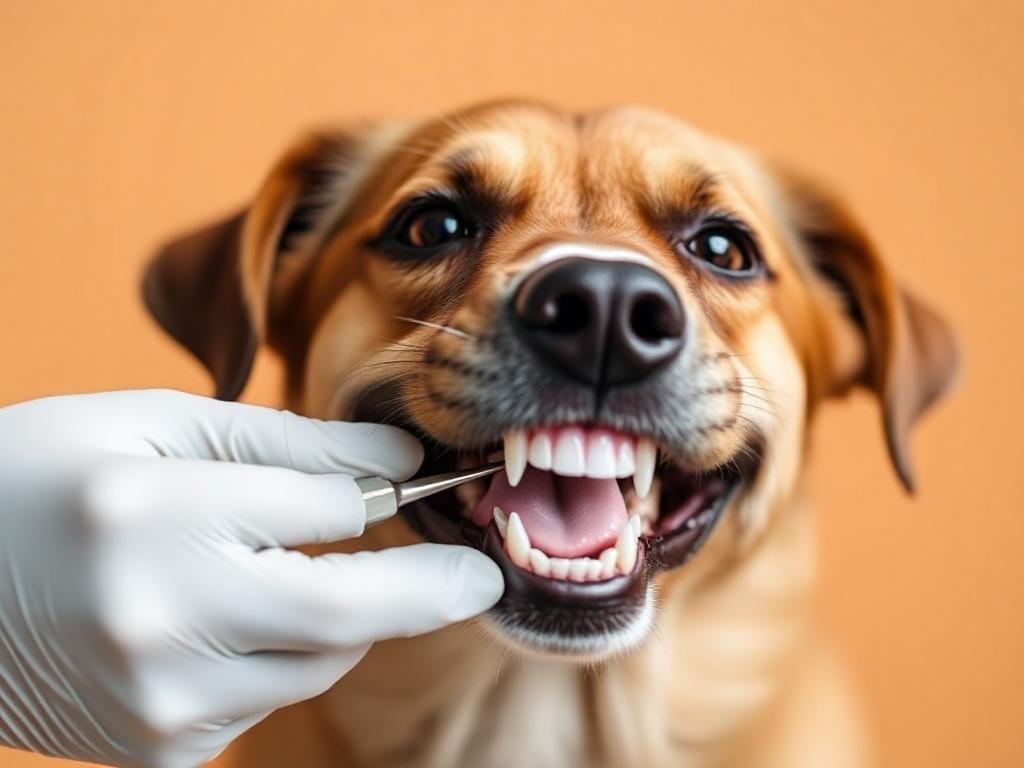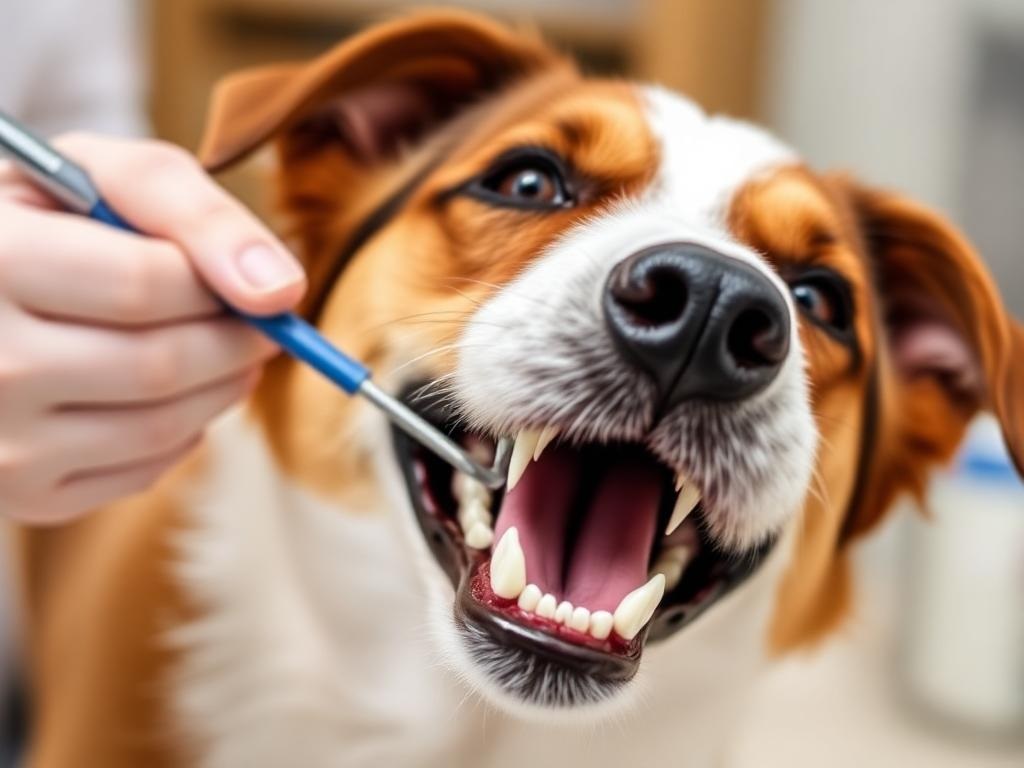Dog Dental Care: Tips for Healthy Teeth
Dog Dental Care: Tips for Healthy Teeth
Dental care is an essential aspect of your dog’s overall health and well-being. Just like humans, dogs can suffer from various dental problems that not only affect their oral health but also their digestion and general quality of life. Maintaining good dental hygiene helps prevent these issues and ensures your dog lives a long, healthy life.

Common Dental Problems in Dogs
Dogs can experience a variety of dental issues, including:
- Tartar and Plaque Build-Up: Plaque accumulates on the teeth and can harden into tartar, leading to gum disease.
- Periodontal Disease: This disease affects the gums and can lead to infection, tooth loss, and even systemic health problems.
- Tooth Decay: Though less common in dogs than humans, cavities can occur due to poor diet or inadequate dental care.
- Broken Teeth: Chewing on hard objects can cause tooth fractures, which can be painful and lead to infections.
How to Care for Your Dog’s Teeth
- Regular Brushing Brushing your dog’s teeth regularly is one of the best ways to prevent plaque build-up. Use a toothbrush and toothpaste specifically designed for dogs—never human toothpaste, as it can be toxic to them. Aim to brush your dog’s teeth at least once a day to maintain optimal oral health.
- Dental Chew Toys Providing dental chew toys is another way to help clean your dog’s teeth. These toys are designed to mechanically remove plaque as your dog chews, while also massaging the gums and reducing the risk of gum disease.
- Routine Vet Visits Schedule regular veterinary check-ups to ensure your dog’s teeth are in good condition. Your vet can perform professional cleanings and check for any underlying dental problems that may not be visible during daily care.
- Specialized Dental Diet There are dog foods formulated specifically to support dental health. These diets often include larger kibble or specific ingredients that promote the natural cleaning of teeth as your dog eats.
- Chewing Bones and Natural Remedies Natural chewing items, such as rawhide bones or certain types of safe chews, can help clean your dog’s teeth. Always consult your vet before introducing new items to ensure they are safe for your dog’s dental and overall health.

Signs of Dental Problems in Dogs
It’s essential to keep an eye out for any signs that your dog may be experiencing dental issues:
- Bad breath (halitosis)
- Bleeding gums
- Yellow or brown stains on the teeth
- Difficulty eating or reluctance to chew
- Swelling in the mouth or around the face
- Loose or missing teeth
If you notice any of these signs, it’s crucial to consult your veterinarian. Dental problems, if left untreated, can lead to more severe health issues, such as heart or kidney disease.
Tips for Maintaining Your Dog’s Dental Health
- Start dental care early, ideally when your dog is a puppy, to help them get used to the routine.
- Use dog-friendly dental products like toothpaste, sprays, and water additives to maintain oral hygiene.
- Avoid giving your dog excessively hard objects, like bones or sticks, to prevent tooth fractures.
- Clean your dog’s chew toys regularly to avoid bacterial build-up.
Dental care plays a vital role in your dog’s overall health. By incorporating regular brushing, vet check-ups, and proper nutrition, you can prevent gum disease and other dental problems. Keeping your dog’s teeth clean will not only improve their oral health but also contribute to a longer, happier life.





Bir Yorum